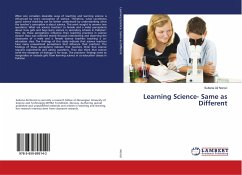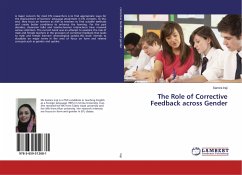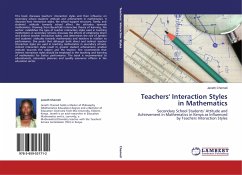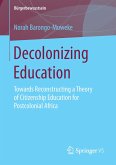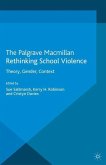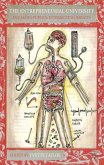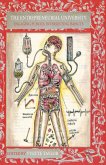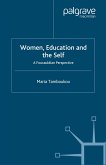What one considers desirable ways of teaching and learning science is influenced by one's conception of science. Therefore, what constitutes good science teaching can be better understood by understanding what the teacher's conception is about science. This work sought to answer two questions: What are science teachers' (a female and a male) perceptions about how girls and boys learn science in secondary schools in Pakistan? How do these perceptions influence their teaching practices in science classes? Data was collected mainly through interviewing and observing the classrooms of a male and a female science teachers teaching a co-education class. The findings of this study indicate that science teachers have many unexamined perceptions that influence their practices. The findings of these perceptions indicate that teachers think that science requires experiments and asking questions. They also think that science (with the exception of biology) is for boys. The practices' findings tend to marginalize or exclude girls from learning science in co-education classes in Pakistan

